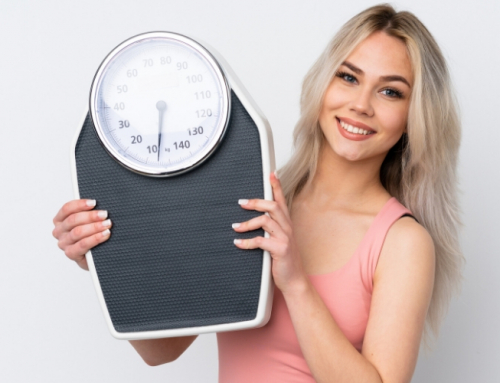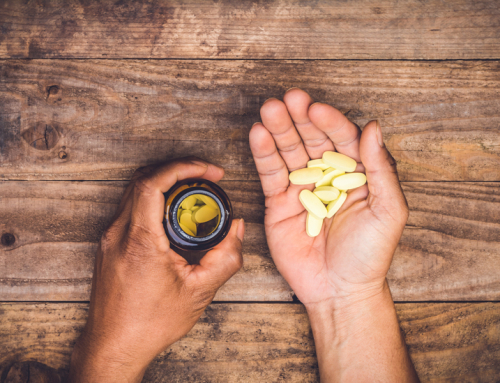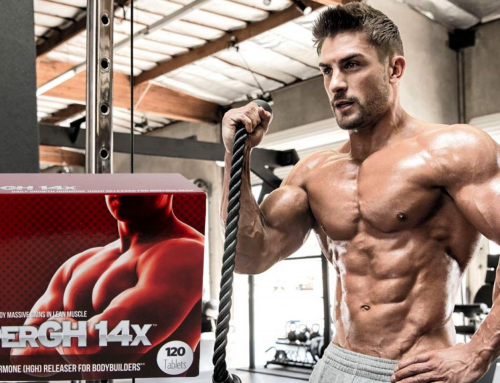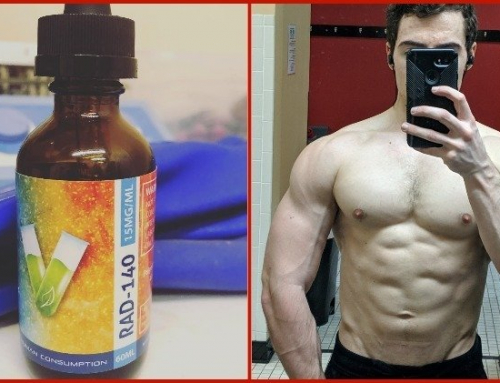If it comes to exercising, you know what you do at the gym is vital. But what you do outside the gym — what you eat, what you drink, and especially how you sleep, is just as crucial. In fact, you should sleep in order for exercise to actually get the job done.
“We exercise for a goal: for cardiovascular health, to boost lean muscle mass, to enhance endurance, and much more. All these ‘goals’ require sleep,” says W. Christopher Winter, MD, the president of Charlottesville Neurology and Sleep Medicine along with the author of The Sleep Solution: Why Your Sleep Is Broken and How to Fix It.
In other words, without sleep, exercise does not deliver those advantages, Dr. Winter explains. “If you do not sleep, you endanger your body.”
Sleep gives the body time to recover, conserve energy, and repair and build the muscles worked during exercise. When we get enough good excellent sleep, the body produces growth hormones. During childhood and adolescence, growth hormone makes us grow (as the name suggests, Winter says. “And when we are mature, it helps build lean muscle and helps our body to repair when we have torn ourselves up through a tough workout,” he adds. “Growth hormone is vital for athletic recovery”
The problem is, Americans have a major problem when it comes to sleep: greater than 30 percent of people are sleep-deprived, which means we are not getting the recommended seven to eight hours a night required for adults, based on the Centers for Disease Control and Prevention. And that means approximately 108 million people in the U.S. are sabotaging their own physical fitness objectives, too.
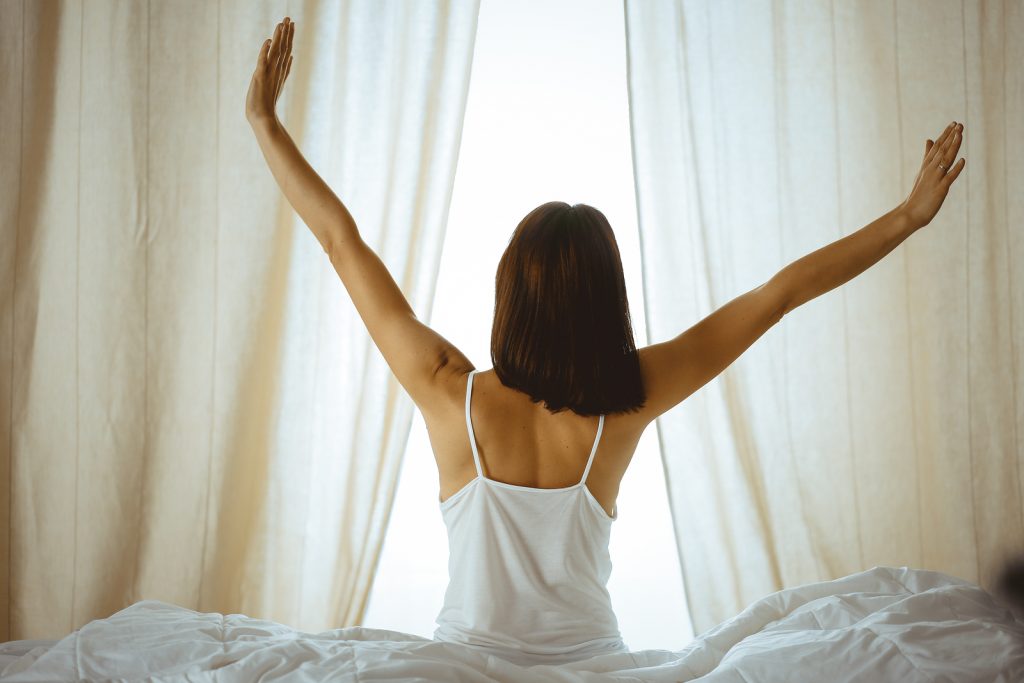
“If you don’t sleep, you Endanger your body,” says W. Christopher Winter, MD, the president of Charlottesville Neurology and Sleep Medicine and the author of “The Sleep Solution: Why Your Sleep Is Broken and How to Fix It.”
Regular Exercise Could Absolutely Assist You Sleep
Can exercise help you sleep? Absolutely. And if you’ve never experienced that instant sleep-inducing exhaustion one may experience after a day of hiking or a grueling boot camp class, there is a great deal of scientific research to back up this claim, too.
In one study published in the journal Sleep Medicine, individuals with a self-reported sleep time of less than 6.5 hours completed moderate-intensity workouts (think walking, riding a stationary bicycle, or jogging or walking on a treadmill) four times weekly for six weeks. At the end of the experiment, they reported getting an additional 75 minutes of sleep per night — more than any drug has helped deliver, according to the study authors.
Exercise really has a chemical effect on the brain. “Physical activity creates more adenosine in the brain, and adenosine makes us feel sleepy,” says Winter. (Interesting fact: Adenosine is the compound that caffeine blocks to make you feel fuller) “The harder we work out, the further driven we are by this chemical to sleep.”
Exercising also helps you keep your circadian rhythm (that is, your own body’s internal clock), Winter says. “Exercise helps your body to understand the program it’s on morning and; exercise helps your body to sleep better at night”
However, what about late-day exercise? Although it’s possible that exercising at night is going to keep you awake more, science says it’s an issue of choosing the right sort of workout and locating the right workout schedule for you.
Individuals who reported higher exertion before bed were actually more efficient sleepers, according to research published in the September 2014 dilemma of the Journal of Clinical Sleep Medicine; they also fell asleep quicker, slept deeper, more and awakened less during the evening. Another study published in the journal Sleep Medicine found that moderate-intensity workouts before bed helped soothe pre-sleep anxiety.
That said, you are probably better off sticking to low-intensity workouts such as yoga, Pilates, or barre if you mean to sweat close to bedtime. Research published in the September 2014 issue of this European Journal of Applied Physiology discovered that high-intensity exercise was demonstrated to delay sleep onset, likely because of an elevated heart rate post-gym time.
Winter recommends finding out what works for you. Everyone is different in regards to the way stimulating any one particular workout might be. In case you have problems falling asleep, getting your heart rate up too near bedtime may be contributing to this, but for many others, breaking up a sweat at the close of the day may not affect sleep.
Does Obtaining Better Sleep Assist My Workout?
Again, the short answer is yes. The greater rested you are, the better your body and mind function — and that includes at the gym. Adequate sleep was demonstrated to help inspire people to follow their exercise programs and work out the following day, according to research published in the Journal of Clinical Sleep Medicine. The longer sleep time individuals in this study got, the more likely they were to finish their workout regimen.
“Getting enough sleep can not just give you more drive and strength to make the most of your workout, but its effects on concentration, mood, and attention can make you more efficient and better prepared for that exercise,” explains Winter.
On the flip side, not getting enough sleep can actually make exercise feel more difficult, a study published in the journal Sports Medicine discovered. Sleep deprivation will not impact your respiratory and cardiovascular responses to exercise, or your aerobic and anaerobic performance capacity, muscle strength, nor electromechanical responses. That means biomechanically there is no motive sleep will reduce your physical capacities, but you will fatigue faster on less sleep, which makes it feel harder to work out to your highest capacity.
In fact, even after only one night of not sleeping, endurance operation on a treadmill decrease — likely as it feels so much tougher, reports research in the European Journal of Applied Physiology.
That is not to say that unexpectedly getting the requisite 7 to 8 hours of sleep a night will turn you into a speed demon or a sports superstar. Extra sleep won’t automatically make you quicker, stronger, or boost your times or performance. Instead, sleep loss has been linked to physiological responses — such as autonomic nervous system imbalances, which can be similar to overtraining symptoms such as sore muscles and also a greater chance of injuries — which can inhibit your operation, according to a February 2015 study published in Sports Medicine.
Better Blend In That Early Morning Exercise or Log an Extra Hour of Sleep?
Getting enough sleep and getting regular exercise are equally important, so how can you decide which takes priority? You shouldn’t place yourself in that position, because you absolutely need.
However, if it’s not feasible to find the ideal balance all the time, “I’d say sleep is obviously the priority unless the sleep is nearly always sound in quality and quantity,” says Winter.
So, in the event that you got seven to eight hours of sleep the night before, get up and hit the gym! But if you’ve been clocking less than six hours that week, then you most likely need to savor that extra hour of sleep. If you bypass it, chances are you’ll log a super work out, anyway.
And if you were up all night the night before, certainly”choose sleep!” Winter says. After an all-nighter (or just a couple of hours of shut-eye), your body requires the rest greater than ever.
The bottom line is, if you’re not getting the recommended seven to eight hours of sleep per night, you have to rethink your program so that you can make sure that you do — then you must figure out how to fit in your everyday workouts without sacrificing that sleep. You can’t have one without the other; both are absolutely vital for you having the ability to operate at 100 percent — not just in the gym, but in your daily life, too.


